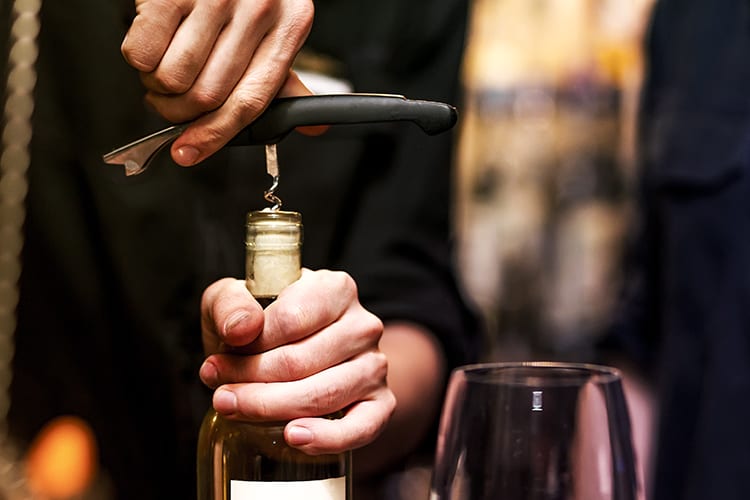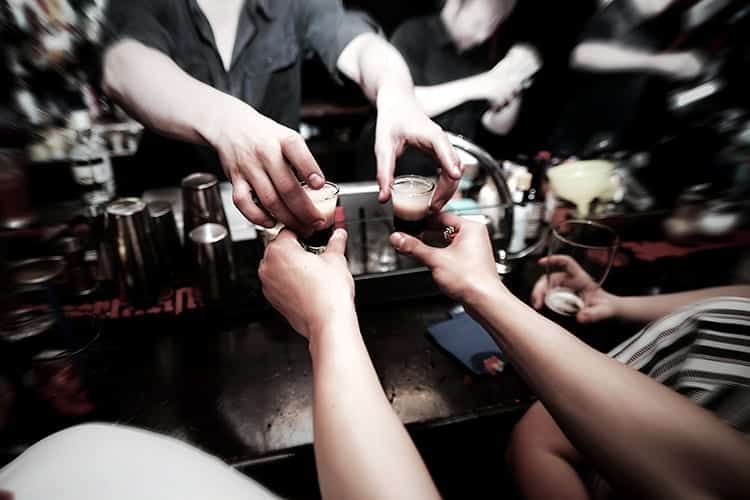
Case Facts
On May 8, 2015, Amy Dell went bar hopping in Syracuse, New York. She reportedly drank alcohol in at least five bars. After finishing her night of drinking, Ms. Dell reportedly was so intoxicated that she collapsed before getting behind the wheel of her 2012 Ford Escape. She then drove northbound on the southbound lane of I-81 and collided head-on with Bruce Ham at high speed. Mr. Ham, a father of 3 from New Jersey, was killed in the collision. At the accident scene, Ms. Dell refused to submit to a breath test, but a judge subsequently ordered her to take a blood test, which revealed that Ms. Dell had a BAC of .21, well above the legal limit of .08.
A jury later convicted Ms. Dell of two counts of aggravated vehicular manslaughter and one count of aggravated unlicensed operation of a motor vehicle. Ms. Dell was sentenced to serve to 8 1/3 to 25 years in prison for killing Mr. Ham.
Wrongful Death Lawsuit

Mr. Ham’s family later filed a lawsuit against several bars that Ms. Dell visited the night she killed Mr. Ham. New York law, unlike Virginia law,
permits plaintiffs to bring a lawsuit against bars alleging a “Dram Shop” violation. Under this cause of action, a vendor who serves alcohol to a visibly intoxicated person is strictly liable to anyone injured by the sale of alcohol. That is to say, a bar that serves a visibly intoxicated patron who goes on to injure someone else because of that intoxication, can be liable for the drunk patron’s injurious conduct.
Conclusion
Last week, Mr. Ham’s family settled against at least three bars after alleging Dram Shop violations for serving Ms. Dell, who was visibly intoxicated. Thirty-eight states permit this cause of action. However, Virginia does not. In a 1986 decision, the Virginia Supreme Court held, “individuals, drunk or sober, are responsible for their own torts and drinking the intoxicant, not furnishing it, is the proximate cause of the injury.” In Virginia, the drunk driver can be charged criminally and sued civilly, but the establishment responsible for providing the alcohol usually escapes civil liability. If Ms. Dell had been drinking in a Virginia bar and caused the accident on a Virginia highway, Mr. Ham’s family could not recover damages from any bars under Virginia law.